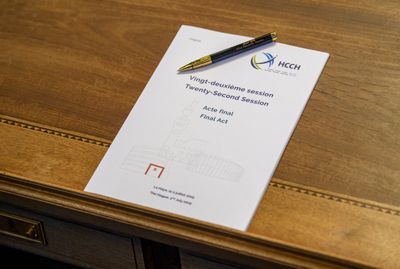The New Saudi Civil Transaction Act and its Potential Impact on Private International Law in Saudi Arabia
The Kingdom of Saudi Arabia (KSA) has recently enacted a new Civil Transactions Law (Royal Decree No. M/199, dated June 16, 2023). The law will enter into force on December 16, 2023, 180 days after its enactment (hereinafter referred to as “the new law”). This law has been rightly described as “groundbreaking” because, prior to the enactment of the new law, there has been no codification of civil law in the Kingdom, and civil law issues have traditionally been governed by the classical rules of Islamic Sharia according to the teachings of the prevailing school of fiqh (religio-legal jurisprudence) in the Kingdom (Hanbali School). Like most of the civil law codifications in the region, the new law focuses mainly on the so-called “patrimonial law,” i.e., property rights and obligations (contractual and non-contractual). Family relations and successions are dealt with in a separate law, which was previously enacted in 2022 and entered into force the same year (Personal Status Act, Royal Decree No. M/73 of 9 March 2022, entered into force on June 18, 2022).


